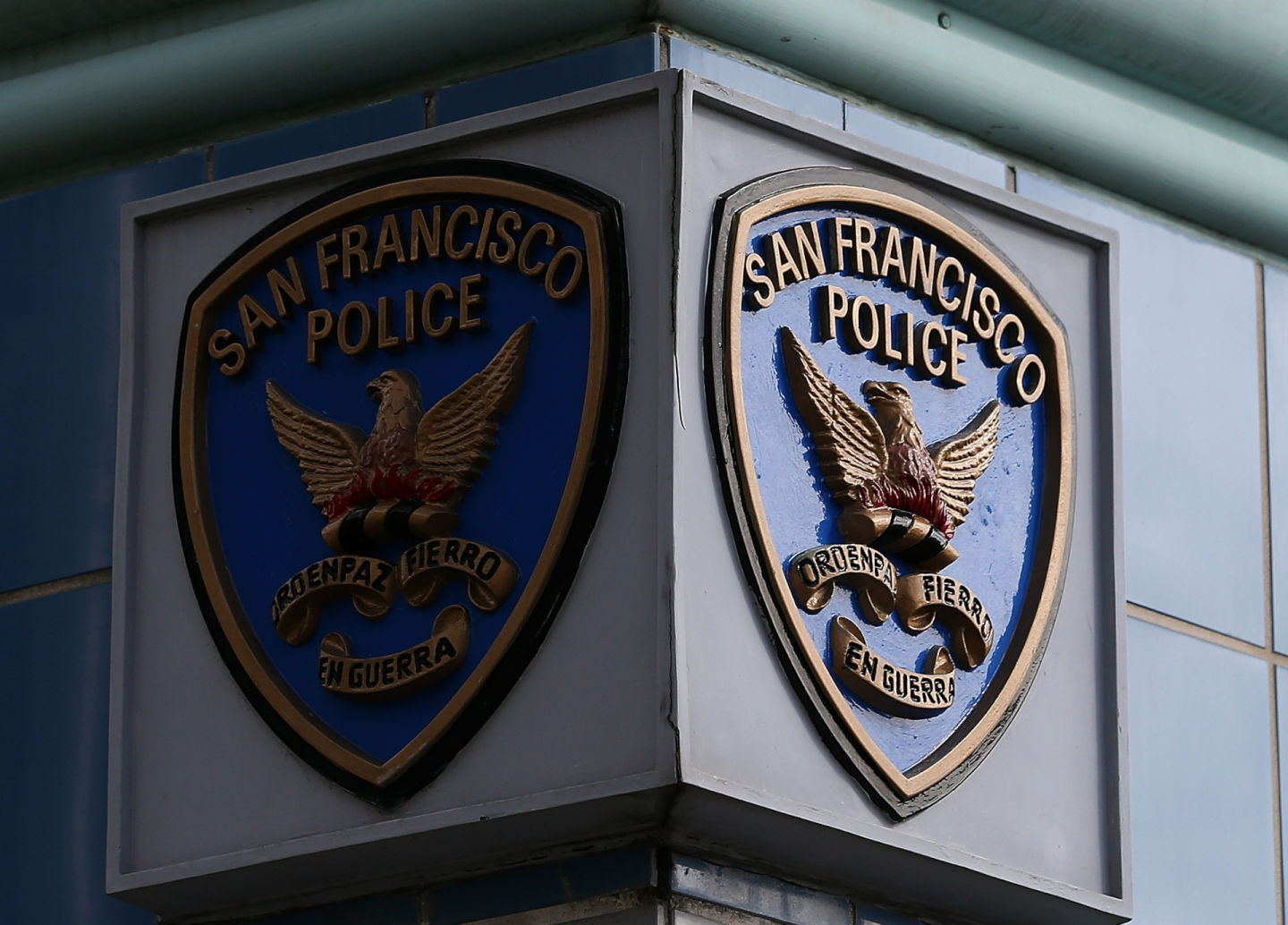Drones will be used to quicken response time, improve situational awareness and precision and help avoid unnecessary police chases, according to Scott. He and Mayor London Breed said they believe the technology will further reduce crime, which was down significantly in 2024.
“This is truly a force multiplier, and in light of all of our staff shortages, this could not have come at a better time,” Scott said at the press conference.
District Attorney Brooke Jenkins, who also spoke at the press conference, confirmed that she has filed charges in multiple auto burglary cases because of drones.
“San Francisco has been far behind the curve in having the technology that we need to curb crime,” Jenkins said.
Some opposition groups have argued that the city’s use of drones violates California state law AB 481, which requires cities to go through a public approval process before acquiring items considered “military equipment.” Scott said the department believes it is in accordance with state law.
The drones are not being used for surveillance purposes and can only be activated in response to police incidents. Footage is stored for up to 30 days before being deleted if not tied to a crime, Scott told reporters. Breed said the department is also increasing other surveillance technology and license plate scanners.
The police department has plans to purchase 22 more drones, along with peripheral equipment and software, for an additional $324,000 this year, according to police records.


